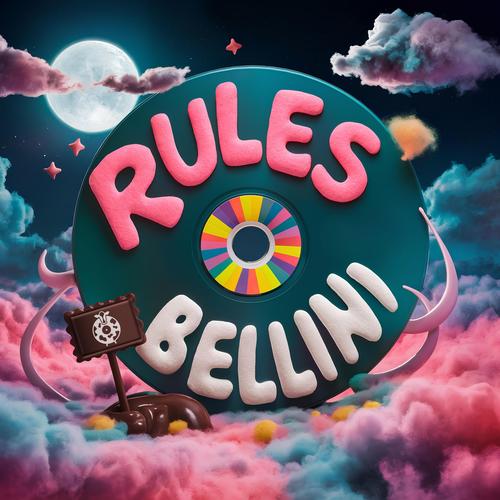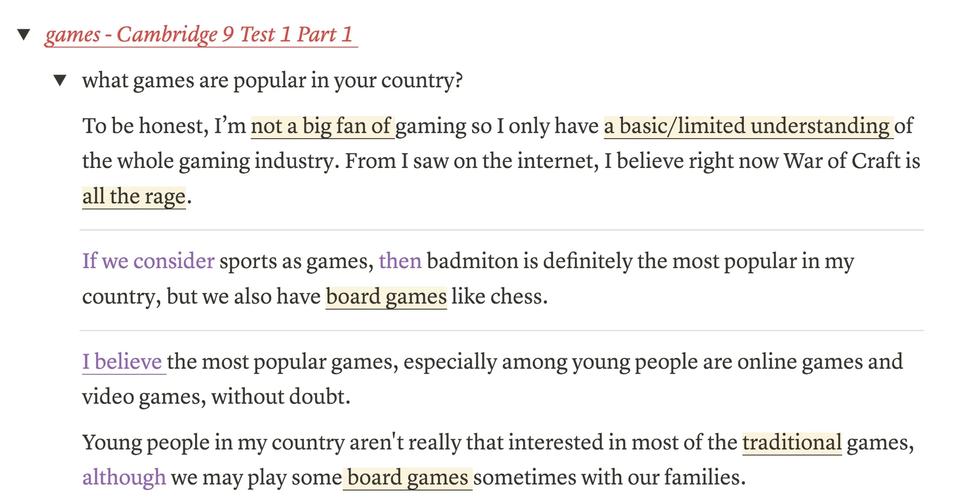
Understanding “OP” in Games: A Comprehensive Guide
Have you ever heard someone in a gaming community refer to something as “OP”? If you’re new to the gaming world, this term might leave you scratching your head. “OP” is a slang term that has gained popularity in the gaming community, and it’s essential to understand its meaning and implications. In this article, we will delve into the various dimensions of “OP” in games, providing you with a comprehensive guide to this term.
What Does “OP” Mean?
“OP” is an abbreviation for “Overpowered.” It is used to describe a character, item, ability, or strategy that is significantly more powerful than the others in the game. When something is considered “OP,” it often means that it can dominate the game, making it difficult for other players to compete.

Why Is “OP” a Problem?
While “OP” elements can be fun for the player who discovers them, they can create an imbalance in the game. When one character or item is too powerful, it can lead to frustration among other players who feel they have no chance of winning. This imbalance can also discourage new players from joining the game, as they may feel overwhelmed by the dominance of “OP” elements.
Types of “OP” Elements
There are various types of “OP” elements in games, and they can be categorized as follows:
| Category | Examples |
|---|---|
| Characters | Characters with abilities that are too powerful or have excessive stats |
| Items | Items that provide an unfair advantage, such as infinite health or invincibility |
| Abilities | Abilities that can one-shot enemies or have a massive range |
| Strategies | Strategies that are too effective, such as camping in a corner and winning the game |
Dealing with “OP” Elements
Game developers often address “OP” elements by implementing patches or updates to balance the game. Here are some common methods used to deal with “OP” elements:
-
nerfing: Reducing the power of an “OP” element to make it more balanced

-
buffing: Increasing the power of other elements to counter the “OP” element
-
implementing cooldowns: Limiting the use of an “OP” ability to prevent it from being overused
-
changing mechanics: Modifying the way a game works to address the imbalance
Community Perspectives on “OP” Elements
The gaming community has mixed feelings about “OP” elements. Some players enjoy discovering and using them, while others find them frustrating and unfair. Here are some common perspectives:
-
Fans of “OP” elements: They appreciate the thrill of discovering something powerful and dominating the game
-
Critics of “OP” elements: They believe that “OP” elements create an imbalance and make the game less enjoyable for everyone
-
Moderates: They understand the appeal of “OP” elements but also recognize the importance of maintaining a balanced game
Conclusion
“OP” is a term that has become an integral part of the gaming community. Understanding its meaning and implications can help you navigate the gaming world more effectively. While “OP” elements can be fun, it’s essential to remember that a balanced game is more enjoyable for everyone. By keeping an eye on game updates and community discussions, you can stay informed about the latest “OP” elements and their impact on your favorite games.




